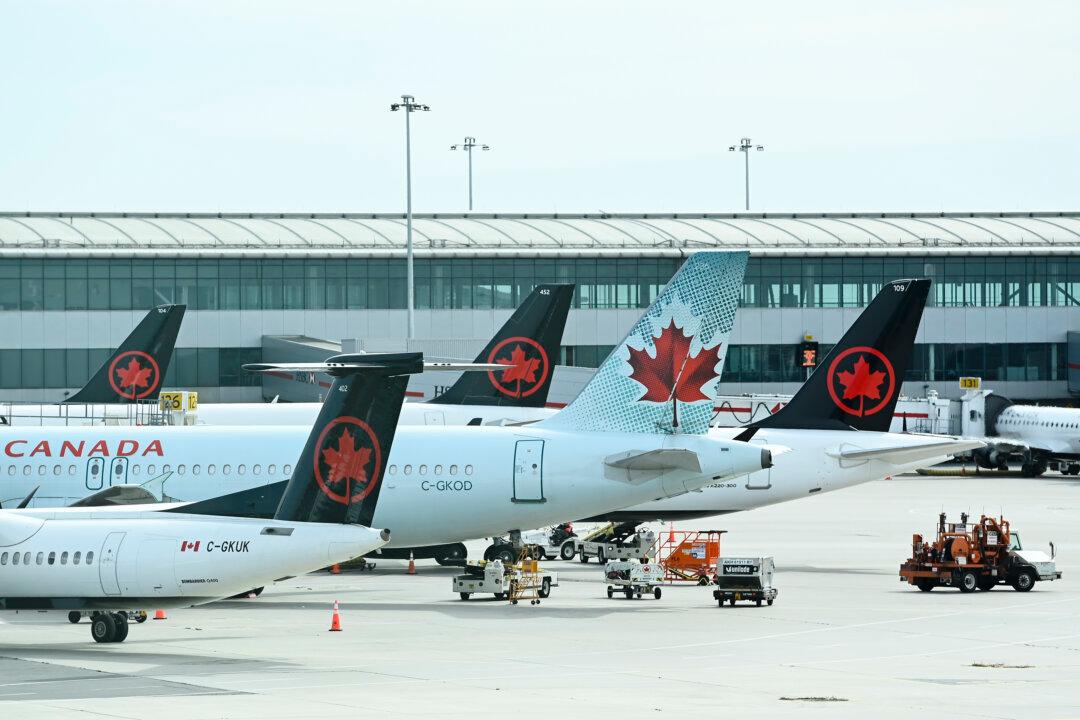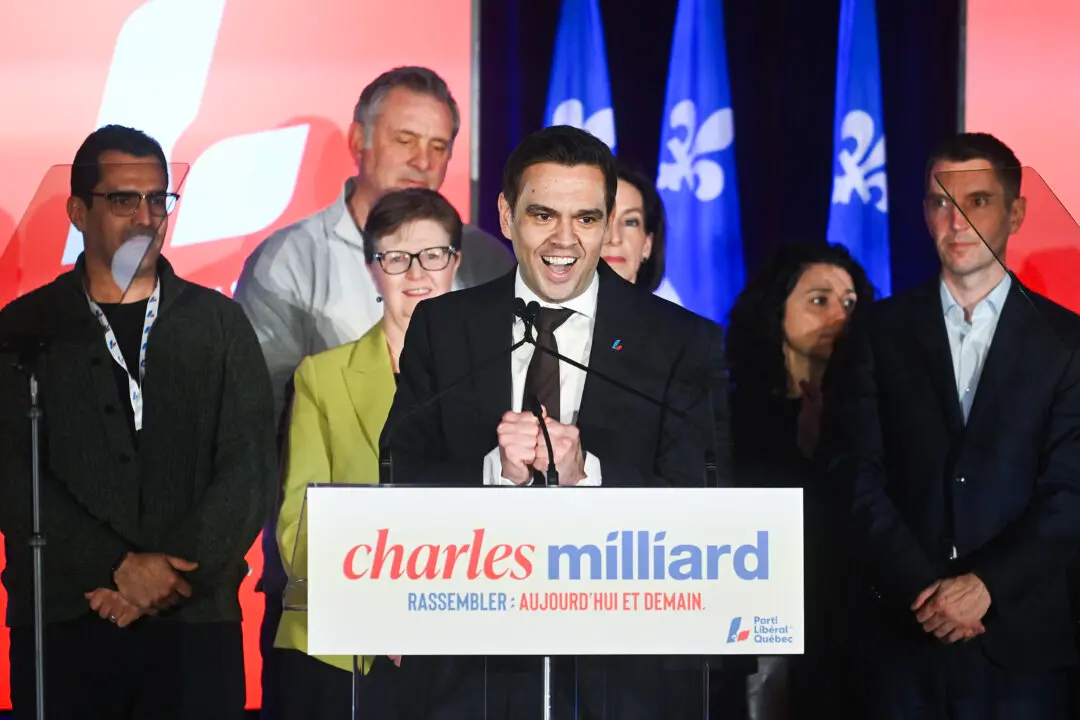Regional airlines are demanding immediate action from Ottawa to prop up the beleaguered sector, but reject the idea of a federal stake in carriers.
John McKenna, president of the Air Transport Association of Canada, says the government has not responded to requests for cash over the past six months, leaving Canada as the only G7 country to hold off on pledging major financial aid for an industry devastated by the COVID-19 pandemic.





